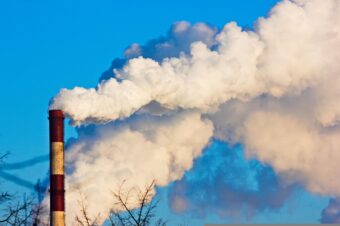
A complex story about the energy transition and the challenges that the global geopolitical situation brings with it is unfolding in a country that strives to be a leader in the fight against climate change outside of the European continent, too.
As a result of these circumstances, Germany changed its energy strategy. Until recently, the country had several thermal power plants that continued operating even after the planned closure, which allowed the country to cope with the lack of other energy sources, primarily natural gas.
The decision to temporarily reopen these plants is part of a broader effort to ensure sufficient electricity supply during the winter, even as the country looks to move away from coal. However, as the cold days passed, the decision was made to close seven lignite-fired power plants in the Rhine mining area and Brandenburg, as well as an additional eight medium and smaller coal-fired thermal power plants with a total capacity of 1.3 gigawatts, according to the DPA website.
MORE:
- THE FUTURE OF HEAT PUMPS IN CHINA
- FRANCE REDEFINES GREEN INDUSTRY WITH LAW AND CREDITS
- DESALINATION AND SMALL NUCLEAR REACTORS – THE FUTURE OF IRAQ?
The German government aims to abolish coal use by 2038, with the possibility of extending the deadline until 2030. This target is closely linked to the overall global effort to limit global temperature rise to 1.5°C.
Germany has been trying to become less dependent on fossil fuels for many years. German Economy Minister Robert Habeck points out that the country has managed to increase its energy independence and security of supply despite several coal-fired power plants closing down.
Germany’s progress in this area shows how coal-fired power plants, which were part of the power grid as a precaution during the last two years of the energy crisis, are now redundant. This was made possible thanks to the drop in electricity and gas prices, as well as the expansion of renewable energy sources, which now account for a larger share of electricity production in the country.
Energy Portal



